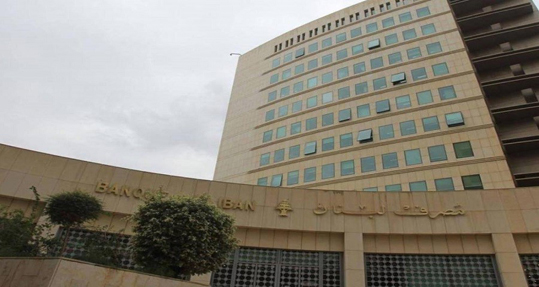"Lebanon's economy is fragile, unsustainable and needs reforms implemented by the state, while the country is still without a new government nearly three months after the parliamentary elections in May," said Farid Belhadj, vice president of the World Bank Group for MENA.
"This is a situation that cannot continue and action needs to be taken, even though the Central Bank of Lebanon has foreign reserves that are well protected," he said.
Lebanon has been suffering from poor growth since 2011, hit by unrest in the region. The IMF estimated the growth rate at about 1-1.5% in 2017 and 2018, and announced that the traditional engines of economy, construction and real estate, are still weak.
The IMF called for "immediate and substantial" fiscal reform to improve the public debt repayment capacity of more than 150 percent of GDP by the end of 2017.
Whereas, International donors pledged at a meeting in Paris to invest more than $ 11 billion in Lebanon, conditioned by Lebanon’s reforms first, while Lebanese Prime Minister Saad Hariri pledged to reduce the budget deficit as a percentage of GDP by 5 percent over five years.

